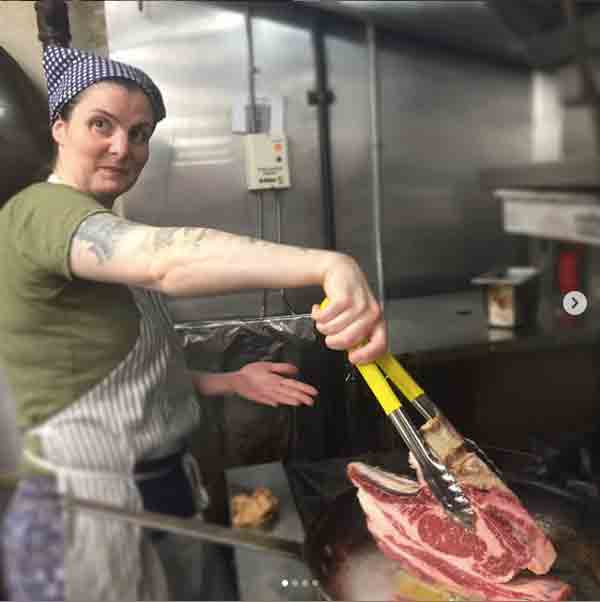January is #SlowCookerMonth, and while slow cookers can be a comfort food staple at many cook-offs and potlucks, I want to use this opportunity to separate the idea of slow cookers and slow food.
All around us, and in communities across the world, there are distinctive food cultures that combine locally grown foods with generations of tradition and culture to make delectable meals available for mass consumption. We make those local food cultures more vulnerable when we don’t support them in our own diets and grocery budgets. The Slow Food movement is one way we act inclusively toward food culture.
Slow Food is an international organization founded in 1989 to advocate for the protection of local food culture and tradition, resist the encroaching growth of fast food culture, and increase the interest and passion people have for the food they eat. Slow Food believes that food serves a cultural purpose in our lives in addition to nourishing our bodies.
The slow food movement has continued to change our world and become an increasingly relevant part of the discussion around food sustainability and cultural expressions through food. Just four years ago, in 2013, Carlo Petrini -the Slow Food President- addressed the UN Permanent Forum on Indigenous Issues and was also awarded the highest UN Environmental Award. Slow Food, in addition to managing a number of substantive programs around the world, also hosts events to promote slow food values and wholesome, clean food in general. These events include:
- “Cheese,” a biennial festival in Bra, Italy celebrating dairy, and
- “Slow Meat,” an informative celebration held in Denver, Colorado that celebrates sustainable practices around meat and meat consumption
Slow Food Atlanta is a local chapter of the slow food movement that values “good, clean, and fair” food. They are especially active in educating the community on the status and importance of local food culture, advocating for biodiversity and mutually beneficial relationships with farmers and businesses, collecting perspectives on food culture from individuals, and spreading the word about slow food and the fulfilling nature of responsible food consumption. All of this work is done with the hopes of preserving the immense diversity of Southern food culture and the traditions from around the world that make our local food culture so delectable.
I am the Social Chair of Slow Food Atlanta and for six years I have been helping to organize the Slow Food Atlanta Walk. Whether it’s in my work talking about healthy ways to provide custom meals to people with dietary restrictions, or supporting local farmer’s markets, I continue to find ways to advocate for slow food. It’s a great way to build inclusivity into your event.
Let me know how you participate in the slow food movement.



